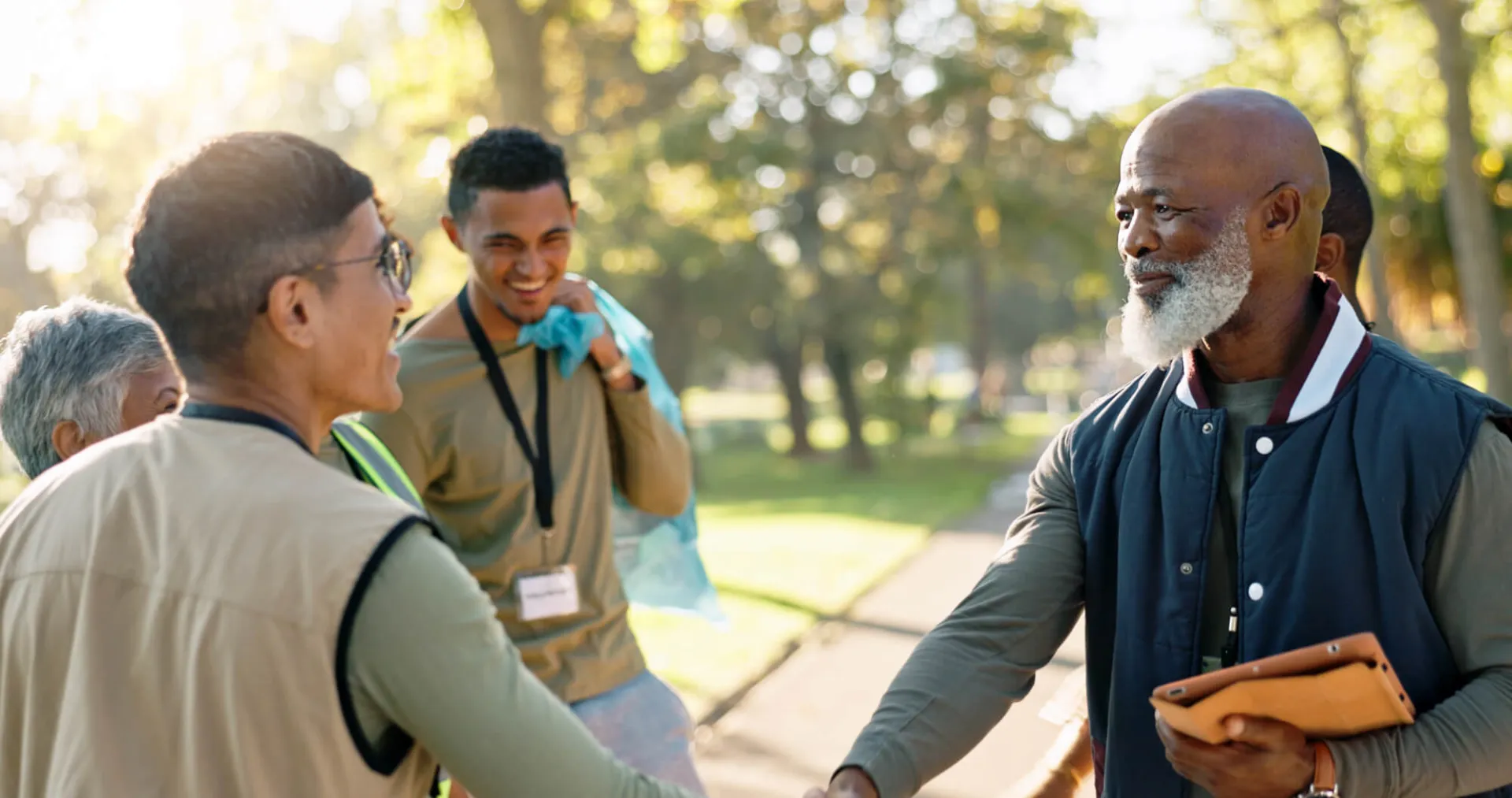Community Partners
Vermont Department of Health
A valued partner of the Master of Public Health Program is the Vermont Department of Health. Many MPH Program part-time faculty, mentors and preceptors are practicing public health officials at the Vermont Department of Health. These faculty possess a wealth of knowledge and experience in the diverse areas of public health and provide a broad range of academic and real-world expertise to students. As a former Vermont Commissioner of Health, MPH Program Director Dr. Jan K. Carney has a strong working relationship with the Vermont Department of Health. This relationship serves to facilitate discussions about professional development needs in the community and position the MPH Program as an important educational resource. These faculty provide connections to public health professionals and other colleagues who are able to assist students and alumni with networking and career advice. In addition, many of the MPH Community Advisory Board Members are from the Vermont Department of Health.
Northern New England Clinical Translational Research Network
MPH faculty are actively engaged with the Northern New England Clinical and Translational Research (NNE-CTR), focusing on translational research to improve health outcomes, especially in rural areas of Vermont and Northern New England. The NNE-CTR network is working to enhance the health of northern New Englanders by fostering and coordinating clinical, translational and educational research.
Maine Medical Center Research Institute and the University of Vermont are joined by partners, collaborators and affiliated Institutions to leverage and coordinate regional resources to conduct collaborative research and disseminate the findings.
Vermont Public Health Association
Through participation on committees and at meetings, as well as contributions to newsletters, the MPH Program has a strong partnership with the Vermont Public Health Association (VTPHA). In 2018, MPH Program Director Dr. Carney was awarded the VTPH “Public Health Champion” Award in recognition of her significant and meaningful contribution to the improved health of Vermonters. This was the first recognition for this annual award.
